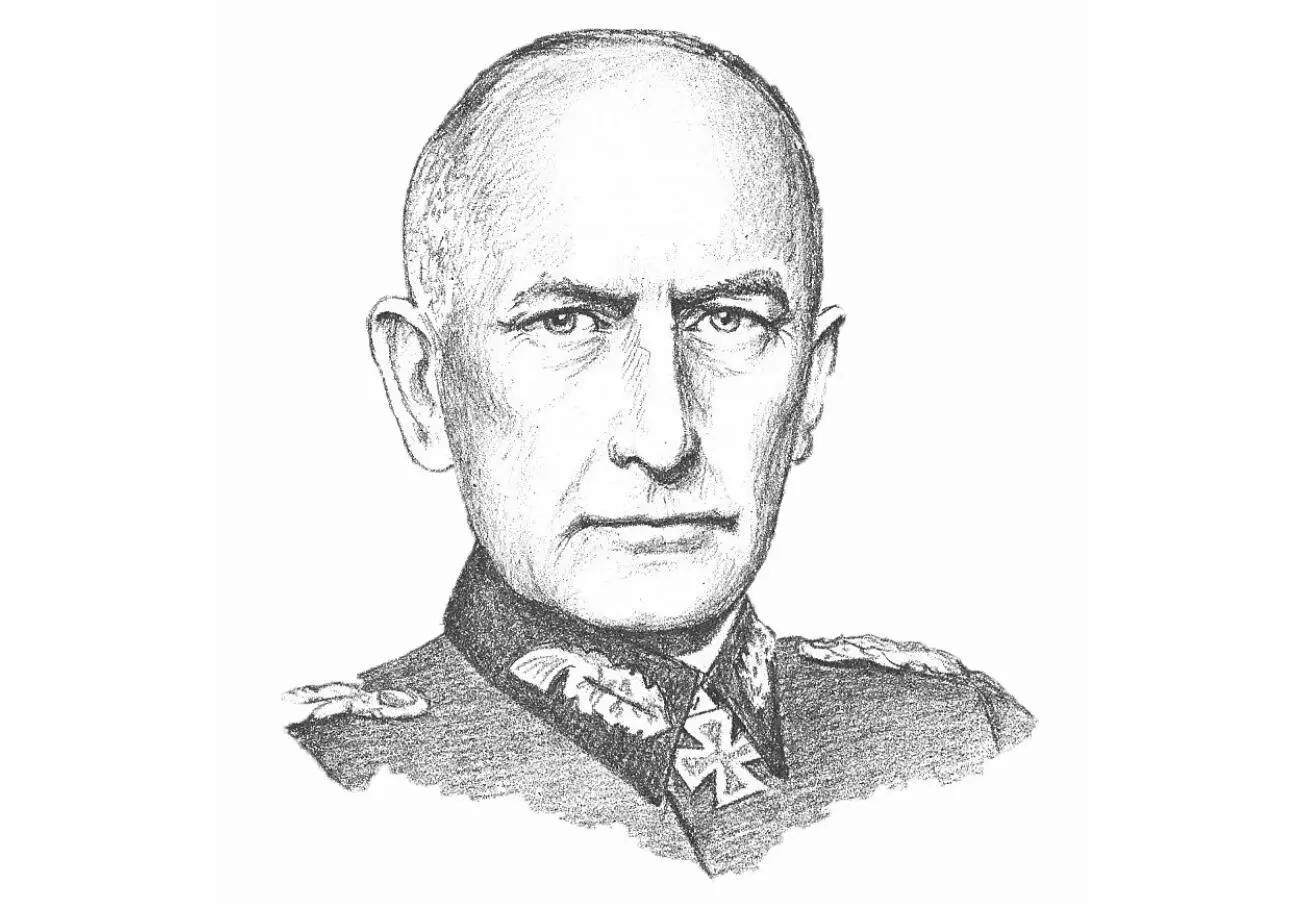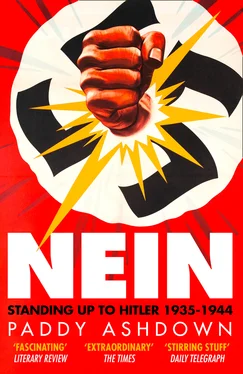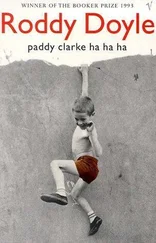But in all his careful preparations, Erwin von Witzleben had missed one crucial factor – the British prime minister.
On the evening of 14 September, as the coup rehearsal concluded in Berlin, Neville Chamberlain, in London, suddenly stunned everyone, including his own cabinet and Hitler (who was ‘flabbergasted’), by announcing that he would fly to the Führer’s mountain retreat at Berchtesgaden in the Bavarian Alps for talks the following day.
It is important at this point to record the precise sequence of events.
As a result of the messages from Goerdeler in early August and mid-September, and of the visit of Kleist-Schmenzin to London in mid-August, we can presume that the British government must have known of the existence of the plot against Hitler, although we cannot be certain that this knowledge extended to No. 10 and the prime minister. However, after Theo Kordt’s backdoor visit to No. 10 and his discussion with Halifax on the evening of 7 September, no such uncertainty is possible. From this moment onwards No. 10 knew of the plot, and it is overwhelmingly likely that the prime minister knew of it too. It is a matter of record that, at least from the end of August, Neville Chamberlain and his closest advisers had been secretly considering a personal last-minute appeal to Hitler. But the fact that this took place – stunning everyone, including the cabinet – just eight days after the Kordt visit raises the strong suspicion that the British prime minister’s sudden visit to Berchtesgaden was, if only in part, designed to pre-empt the coming coup so as to give Chamberlain the peacemaker his time upon the stage.

Erwin von Witzleben
Whatever the truth of this, Chamberlain’s unexpected flight in a specially chartered aircraft (it was his first time on a plane) to join Hitler at Berchtesgaden left the plotters crestfallen and discomfited. They had no option but to put their plans on ice and wait for developments.
In the talks that followed, Chamberlain privately conceded the Sudetenland to Hitler, subject to a plebiscite in the disputed territory and a number of other weak safeguards. Afterwards the British prime minister gave his impressions of the meeting and of Hitler in a letter to his sister, which concluded: ‘I thought I saw in his face … that here was a man who could be relied upon when he had given his word.’ Returning to London, Chamberlain met with the French and persuaded them to help pressure the Czechs into accepting the deal, despite the fact that it would effectively dismember their country. Eventually, the Czech president Edvard Beneš had no option but to cave in.
If Chamberlain expected a welcome from his cabinet on his return from Berchtesgaden, he did not get one. Their meeting of 17 September was fractious, and treated the prime minister’s ‘peace deal’ with deep scepticism. Even Halifax, Chamberlain’s right-hand man in the business of appeasement, expressed his opposition: ‘Hitler has given us nothing and is dictating terms as if he had won a war,’ he said. Duff Cooper, the First Lord of the Admiralty, was even blunter, warning the cabinet of the ‘danger of being accused of truckling to dictators and offending our best friends’. Britain should, he said, ‘make it plain that we would rather fight than agree to an abject surrender’.
But Chamberlain would not be diverted. Still determined to push through his peace plan, on 22 September he flew back to see Hitler at Bad Godesberg, near Bonn, expecting to sign the final agreement that would settle the Czech crisis.
He had another shock waiting for him. Instead of signing the deal, Hitler upped his demands with a new set of conditions for ‘peace’, accompanied by an ultimatum requiring the full and unconditional withdrawal of Czech forces from the Sudetenland by 1 October. Chamberlain was forced to fly home that evening crestfallen and empty-handed.
On 26 September the prime minister’s adviser Horace Wilson was despatched back to Berlin as Chamberlain’s ‘personal envoy’. His instructions were to deliver two messages. The first was the carrot: there should be a meeting between the Germans and the Czechs ‘with a view to settling by agreement the way in which the territory [of the Sudetenland] could be handed over’. The second, and more important, part of Wilson’s message was the stick: if Hitler rejected this course of action and invaded, then he should be clear that France’s treaty obligations to Czechoslovakia meant she would have to defend her ally with force, and Britain would join her.
Wilson met Hitler at 5 p.m. that day. The Führer, preparing for a big speech in the evening, was in a foul temper. As soon as he heard Chamberlain’s proposal for more talks he flew into a towering rage, shrieking that there would be no talks unless the Czechs first accepted his terms as outlined at Bad Godesberg. He followed this outburst by issuing another ultimatum – now he must have the Czechs’ answer by 2 p.m. on 28 September – just two days away.
The Führer abruptly terminated the meeting before Chamberlain’s envoy had the opportunity to deliver the crucial second part of the prime minister’s message, containing the threat of a British and French response in kind if Hitler chose the path of military action instead of talks.
The Berlin conspirators were delighted with this outcome. Now, at last, there was a precise date and time for the coup, and it was a mere two days away. ‘Finally we have clear proof that Hitler wants war, no matter what. Now [if he invades] there can be no going back,’ Hans Oster commented to a friend. The carefully laid plans to remove Adolf Hitler were reinstated, and the key coup plotters began moving into position.
On the morning of the next day, 27 September, there were the first signs of a stronger British line: the Royal Navy was ordered to move to battle stations. Hitler, taken aback, said to Göring, ‘The English fleet might shoot after all.’
At midday Wilson, at Chamberlain’s insistence, returned to see the Führer, this time finally giving the strong warning that the prime minister had asked him to deliver the previous day: if Hitler attacked, France would act and Britain would follow.
According to insiders in Berlin, Hitler had already started to wobble. At 9 a.m. Carl Goerdeler sent an urgent telegram to Vansittart: ‘Don’t give away another foot. Hitler is in a most uncomfortable position …’
But then the rollercoaster lurched again.
Whatever ‘tough’ message was meant by the mobilisation of the British fleet and the warning Wilson delivered to Hitler, what the British prime minister said in his now infamous BBC broadcast to the nation at 6.15 that evening could not have been read by the German leader as anything other than a signal that Britain would not act if Czechoslovakia was invaded:
How horrible, fantastic, incredible it is that we should be digging trenches and trying on gas-masks here because of a quarrel in a far-away country between people of whom we know nothing. It seems still more impossible that a quarrel that has already been settled in principle should be the subject of war … However much we may sympathise with a small nation confronted by a big and powerful neighbour, we cannot in all circumstances undertake to involve the whole British Empire in war simply on her account. If we have to fight it must be on larger issues than that.
All eyes now focused on Hitler’s deadline – 2 p.m. the following day. The coup plotters and their forces were on hairtrigger alert, and the world held its breath.
The morning hours of 28 September ticked past in much scurrying to and fro between the various groups of plotters in their secret locations across Berlin. Von Witzleben calmed one of his colleagues who tried to persuade him to launch early: ‘It won’t be long now.’ At 11 a.m. Erich Kordt got a call from his brother Theo at the German embassy in London informing him, on apparently good information, that Britain would indeed declare war if Hitler launched his armies at 2 p.m.
Читать дальше













